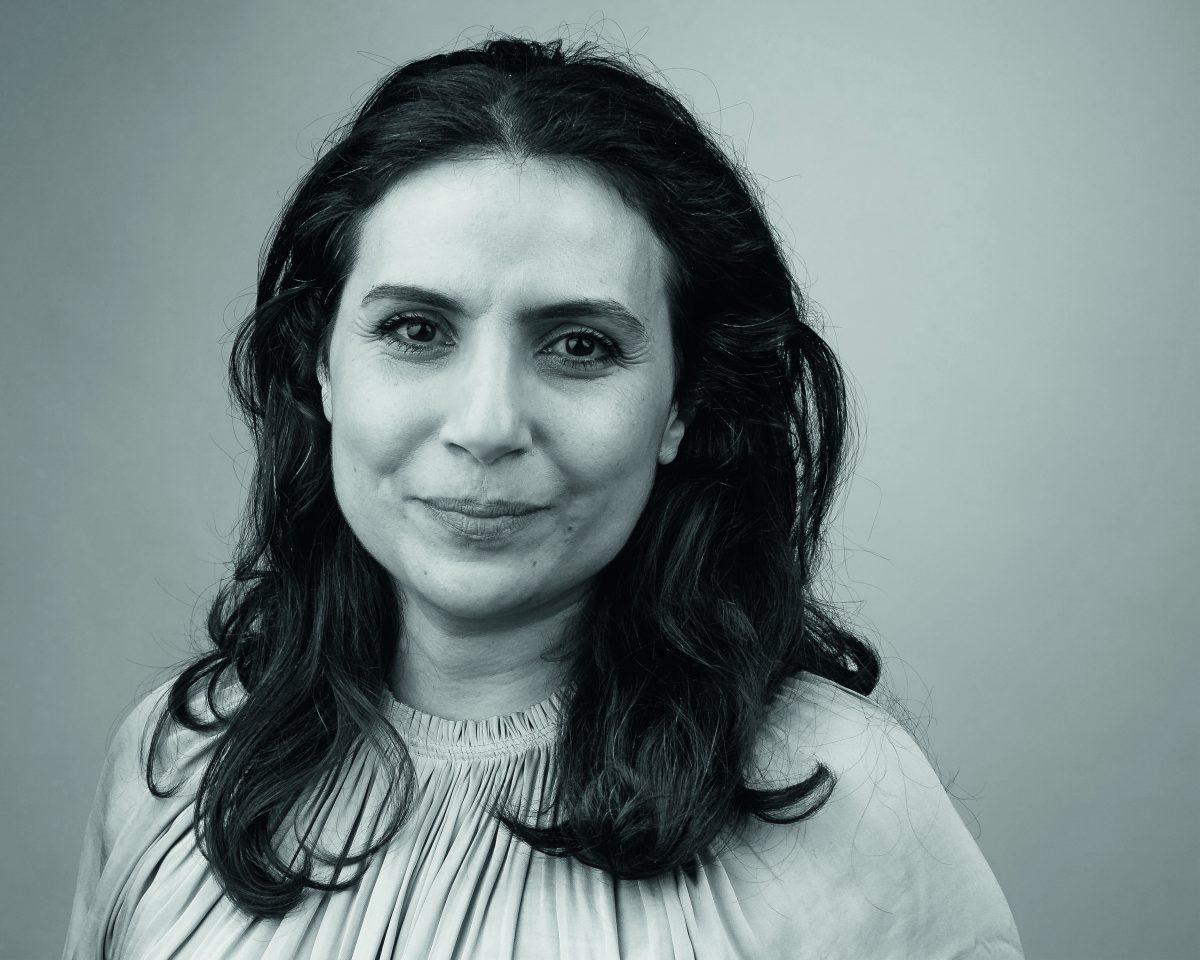
UN Women’s Susanne Mikhail Eldhagen On The Link Between Climate Change And Gender Equality
The UN Women Regional Director for the Arab States and Bazaar Arabia columnist shines a light on how more gender equality in the STEM fields could help with various climate change-related issues
On 20th July 2011, the United Nations did something extremely unusual. For most outsiders, the weight of this act was never fathomed, but for insiders it was a rare blue moon. It all took place in a crowded conference room at the United Nations Headquarters in Geneva, where worn-out and red-eyed UN officials slowly took their seats. Cameras were set and mics adjusted, while translators grew increasingly tense with last-minute changes. After the chaos, came silence. And then she spoke. “More than 12 million people,” she said, continuing slowly, “more than 12 million people in Kenya, Ethiopia, Somalia and Djibouti are in dire need of help, and the situation is getting worse.” Those were the words of Valerie Amos, UN Emergency Relief Coordinator. What she was referring to was the situation spreading all over the Horn of Africa, and that the UN had done what it rarely does; officially declaring famine.
A declaration of famine can only be done when certain measures of mortality, malnutrition and hunger are met. Tonnes of food were airlifted and shipped to the region, while food pipelines were established in some of the most challenging operational conditions due to heavy fighting in war torn Somalia. Still, 250,000 people lost their lives in one of the worst humanitarian crises of modern history. And while the declaration of famine brings journalists to Geneva and spurs global humanitarian aid, what precedes it is mostly a slow and quiet act. Brutal in its silence.
Months of drought in Somalia and Kenya and the absence of two consecutive rainy seasons in Ethiopia were all leading up to those months of horror. Yet, during those months, remarkably few voices were raised on what was taking place – climate change. But that was then. Today, with a new generation carrying a ‘can’t wait’ attitude, this might be our last chance. Their overtly diminishing patience comes from a real existential threat we all are now fully aware of. Our own region is expected to be 4˚C warmer by 2050, bearing heavy consequences in terms of heat-stress and water scarcity, with severe impacts on biodiversity, ecosystems and, ultimately, societies at large.
And it’s against this backdrop that we need to pull in the sharpest brains to be part of formulating solutions and acting on those. And here, our region has a great opportunity with its cadre of young female scientists. The percentage of women pursuing an education in Science, Technology, Engineering and Mathematics (STEM) fields is increasing. These fields are all crucial in addressing climate change. Young women can spur real solutions.
And it is this very conjunction of climate change and gender equality that is the main theme for this year’s Commission of the Status of Women, and its deliberations, taking place this month. The Arab States took a bold decision in their own pre[1]deliberations held in February 2022, as member states agreed to join forces together with UN Women and the League of Arab States to surge women’s employment in the development of the green economy.
What’s more encouraging is that this initiative is part of a wider current initiative throughout the region, including the first-ever Middle East and North Africa Climate Week that took place in 2021. Followed by no less than two consecutive global Conferences of the Parties to the United Nations Framework Convention on Climate Change (COP). First the 2022 COP27 taking place in Egypt and later the COP28 United Arab Emirates (2023).
What took place throughout Africa’s Horn in 2011 can happen again, at any time. By taking bold actions now, we might avoid a severe deterioration in our region. In her remarks in 2011, Valerie Amos delivered a sentence that generated multiple headlines all over the world: “If we are to avoid this crisis becoming an even bigger catastrophe, we must act now.” The media coverage was strong. Millions of people read. I wish more had listened.
From Harper’s Bazaar Arabia’s March 2022 issue
